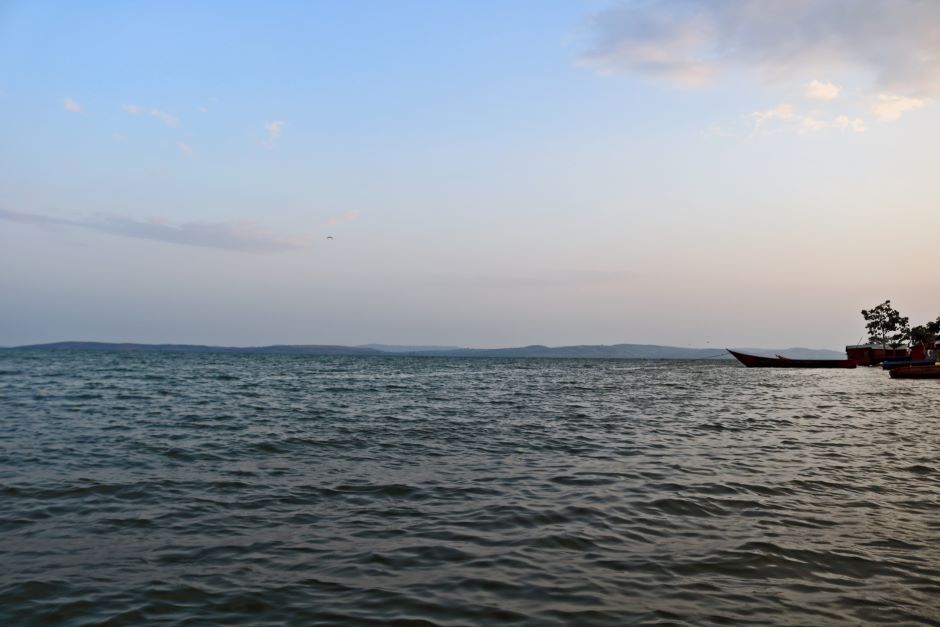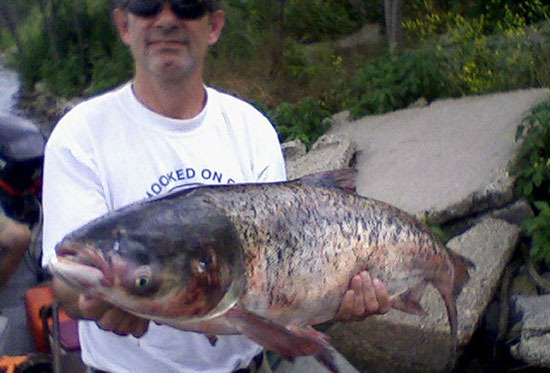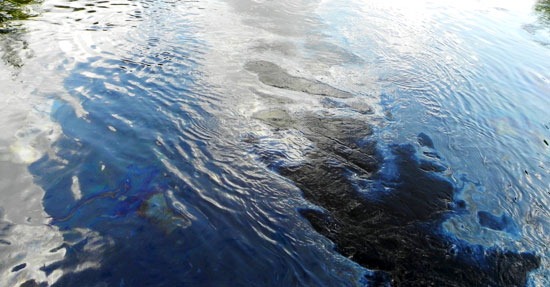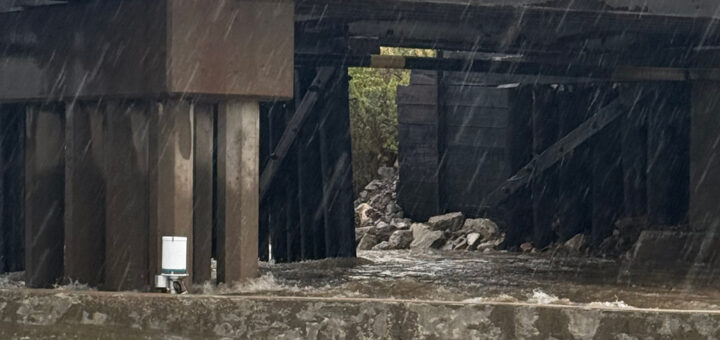Research Brief: Research Need in the Lake Victoria Basin
0Like the over lakes in Africa’s Great Lakes region, millions of people rely on Lake Victoria for a variety of land use and ecosystem services, though data shows that the basin is in danger. Facing biodiversity loss, climate change and various anthropogenic stressors. While the lake plays a significant role in the region, there are significant knowledge gaps surrounding its use and understanding of existing lake dynamics.
A 2023 study published in the Journal of Great Lakes Research “presents existing research gaps, existing capacity, and presents a way forward for priority research.”1 The article focuses most on the dynamics of fish and fisheries, biodiversity, pollution, invasive species, aquaculture, human population growth and socio-economics, land use changes, habitat degradation, climate change, and skills and knowledge.1
The primary goal of the paper is to document and compile established research on the aforementioned topics, highlight the existing capacity for responding to such issues, and state resources required to protect and preserve Lake Victoria.
Identified Research Needs in the Lake Victoria Basin
Fish and fisheries are the most important economic activity in the basin, and as such, research should focus on protecting the established fishery in the basin, which supports local communities and the economy. Similarly, the biodiversity declines in Lake Victoria have impacted the health of the fishery and displaced the food web.
Pollution and nutrient loading lead to declines in overall water quality, which in turn impacts habitat suitability for local species, increases algal bloom frequency and impacts the overall health of the system. Invasive species also warp habitat suitability and stability of the ecosystem by competing with or eating native species.

Lake Victoria from the shore of Jinja, Uganda (Credit: Chapelle musa via Wikimedia Commons CC BY-SA 4.0)
In order to meet food demands for the 42 million people who rely on Lake Victoria, aquaculture ventures can also be found in the basin. While aquaculture does help secure a study flow of fish for the public, there is much to be learned about its influence on the Lake and its resources.
While the overall influence of these dynamics can be derived from research conducted outside of the basin or from limited studies in the region, there are still substantial knowledge gaps surrounding their influence. Better understanding of these variables is essential for the future of the basin.
Results
The article also emphasizes the reasons monitoring the basin is so critical at this time. Increasing human population and socio-economic reliance on the lake should make preserving the resource a primary concern for local agencies and governments. Similarly, the use of Lake Victoria supports various land uses and shapes the success of various projects like agriculture, water availability and hydroelectric power.
Despite its many uses, monitoring efforts in Lake Victoria have been largely neglected, and the study stresses that preservation of the resource starts with learning more about the lake. Considering all of the knowledge gaps and the resources required in order to meet the research needs of Lake Victoria, the study concludes that such resources can only be achieved through the utilization of multi-disciplinary approaches.
Source
- Nyamweya, C., Lawrence, T. J., Ajode, M. Z., Smith, S., Achieng, A. O., Barasa, J. E., Masese, F. O., Taabu-Munyaho, A., Mahongo, S., Kayanda, R., Rukunya, E., Kisaka, L., Manyala, J., Medard, M., Otoung, S., Mrosso, H., Sekadende, B., Walakira, J., Mbabazi, S., … Nkalubo, W. (2023). Lake Victoria: Overview of research needs and the way forward. Journal of Great Lakes Research, 102211. https://doi.org/10.1016/j.jglr.2023.06.009













